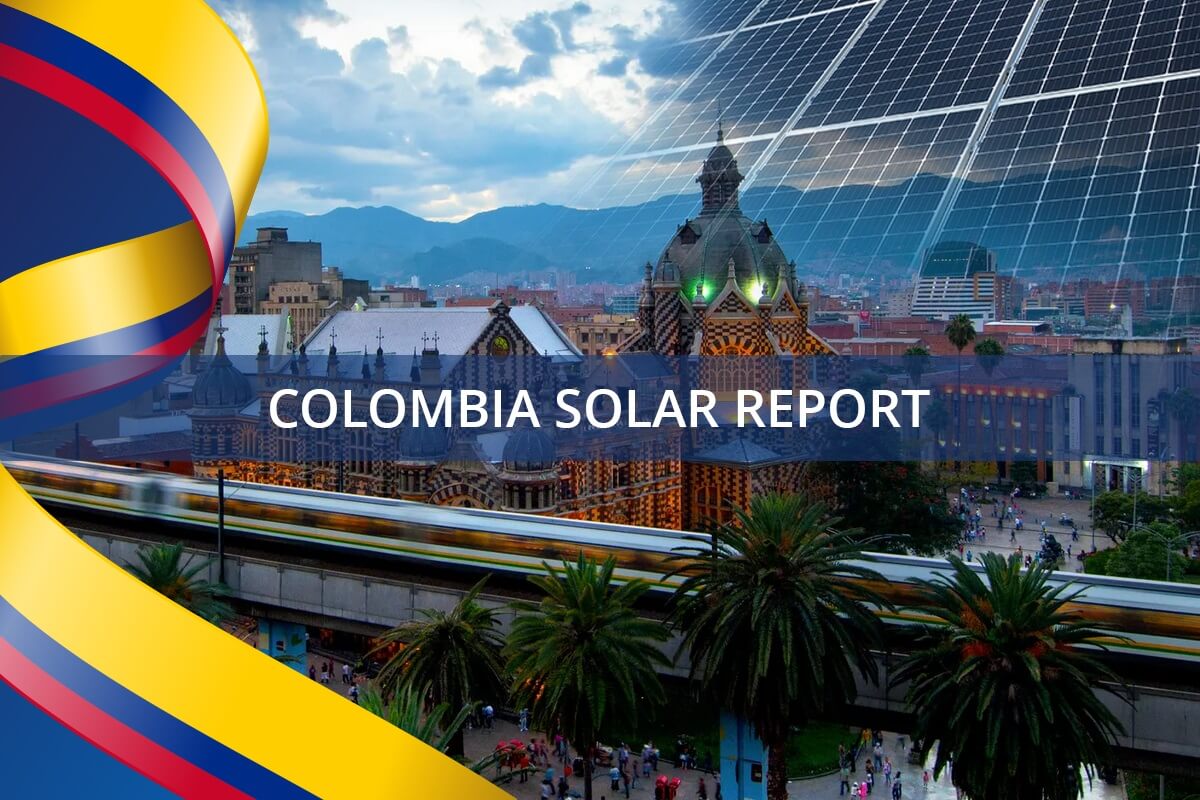Colombia has launched a major initiative to provide solar energy to 1 million low-income households. This program, which extends beyond traditional urban and rural electrification efforts, aims to promote distributed generation, enable prosumer participation, and enhance public access to clean energy.
Expanding Solar Energy through the Colombia solar initiative
The government’s solar initiative will be led by the Ministry of Mines and Energy, and the first phase will involve distributing 500,000 solar panels to low-income families. These panels will be installed in homes and on rooftops, thereby enabling residents to generate their own electricity and even feed surplus energy back into the grid.
The program aims to benefit households in both urban and rural areas, including those in remote regions where extending the traditional power grid is not feasible. This initiative will not only provide electricity to areas currently without power but will also help reduce energy costs for families already connected to the grid.
Supporting the Transition to a Cleaner Economy with the Colombia solar initiative
The solar initiative is part of a larger strategy to transition Colombia’s economy away from fossil fuels. The Ministry of Mines and Energy is also implementing a “Just Energy Transition” program to support workers in the fossil fuel industry as the country shifts towards renewable energy.
Ready to make big Profits?
The solar Industry is Booming
WE HELP NEWCOMERS to the solar industry start their own solar module production line. Customers can make BIG PROFITS by selling modules and finding investors, without wasting money and time on things they don't need!
The solar initiative aligns with Colombia’s broader goals of achieving energy independence, reducing greenhouse gas emissions, and promoting sustainable development. The government has expressed optimism about the program’s potential to transform the country’s energy sector and improve the lives of millions of Colombians.
Attracting Foreign Investment for the Colombia solar initiative
The solar initiative is expected to attract significant foreign investment, which will be crucial for achieving its ambitious goals. Colombia has already developed a robust renewable energy sector, with a strong legal framework and regulatory support that make it an attractive destination for foreign investors. Law 1715 provides tax incentives for solar manufacturers in Colombia, including VAT exemptions and income tax deductions, further bolstering the investment climate for renewable energy projects (https://www.pvknowhow.com/countries/colombia/law-1715-tax-incentives-solar-module-manufacturers/).
In recent years, Colombia has made significant progress in renewable energy. The country has increased its installed capacity for solar and wind power, and it has become a regional leader in the development of clean energy infrastructure.
Building a Sustainable Future with the Colombia solar initiative
Colombia’s solar initiative for low-income households represents a major step forward in the country’s efforts to build a sustainable and equitable energy system. By providing clean, affordable, and reliable energy to millions of Colombians, the program will help reduce poverty, improve public health, and support the country’s transition to a low-carbon economy.
The government’s commitment to renewable energy, combined with its efforts to attract foreign investment, will be key to the success of the solar initiative. As Colombia continues to develop its renewable energy sector, the country is poised to become a global leader in the fight against climate change.
By investing in solar energy for low-income households, Colombia is not only addressing the urgent need for clean energy but is also laying the groundwork for a more sustainable and inclusive future. The solar initiative is a bold and visionary project that has the potential to transform the lives of millions of Colombians and set an example for other countries in the region.



